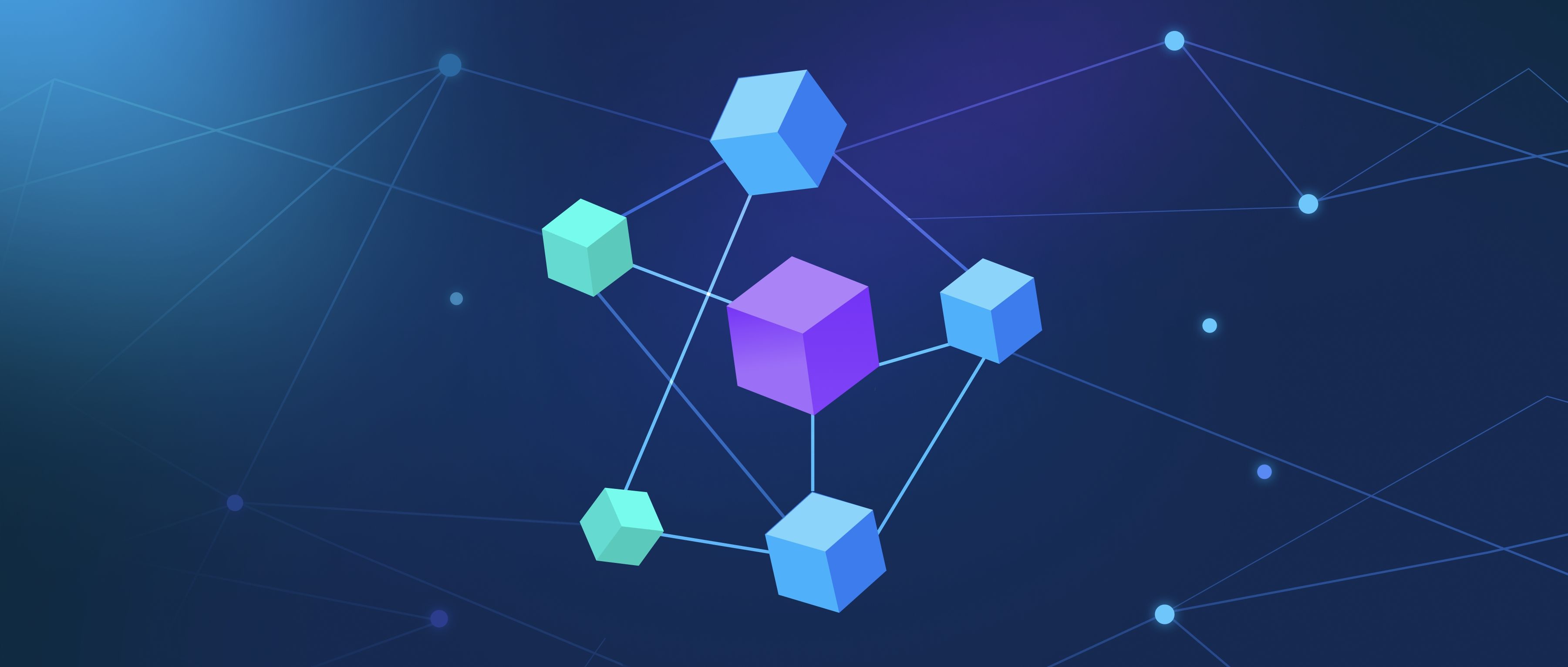LLMs handle domain-specific language by leveraging fine-tuning and contextual understanding. Pre-trained LLMs are equipped with general language knowledge but may lack proficiency in specialized fields like legal, medical, or technical jargon. Fine-tuning the model on a domain-specific dataset helps bridge this gap by adapting its parameters to better understand and generate accurate content in that domain.
For example, an LLM fine-tuned on medical records can interpret clinical terms and generate patient summaries more effectively. Similarly, a model trained on legal contracts can assist with document review or clause generation. Even without fine-tuning, carefully crafted prompts can guide the LLM to perform well in specific contexts by providing explicit instructions or examples.
However, there are limitations. If the domain-specific data is insufficient or unbalanced, the model might produce inaccurate or biased outputs. Developers often address this by curating high-quality datasets and implementing iterative fine-tuning. Additionally, integrating the LLM with external knowledge bases or APIs can supplement its domain expertise, improving its performance in specialized applications.
